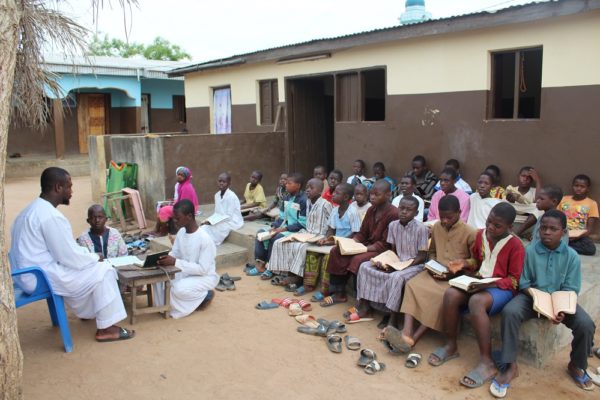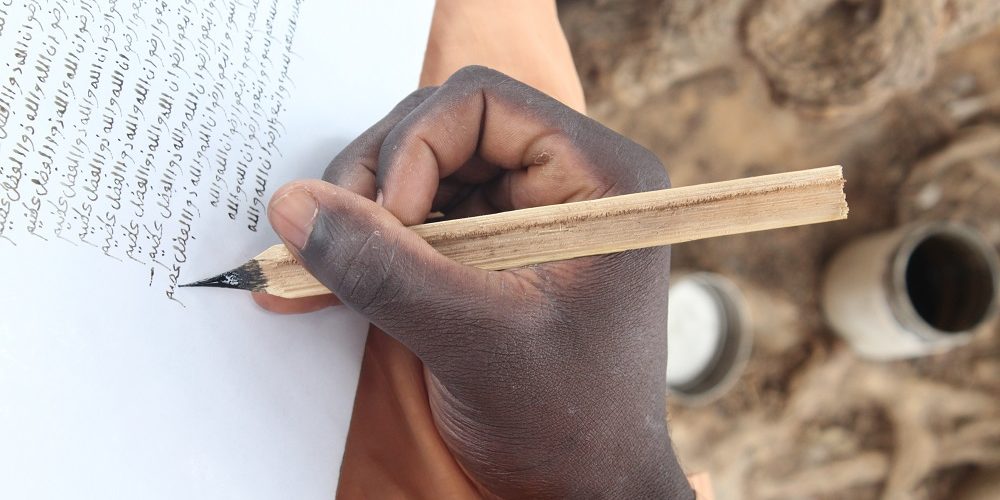Interpeace has supported the Ivorian Ministry of Education in shaping the development of the “National Strategy on Integration of (students of) Islamic Education Structures in the formal education system in Côte d’Ivoire”. The stakes are high for this integration process, because a significant number of children who attend Islamic education structures (which are mostly not officially recognized by the State) do not simultaneously attend public schools. Hence, the development of that strategy is one of the government’s main instruments in implementing the law on compulsory schooling for children between 6 and 16 years of age. From 2017 to 2018 Interpeace and Indigo Côte d’Ivoire started their involvement with the National Education Ministry (MEN) by conducting a participatory research on traditional Quranic schools and talibé children, with the financial support of UNICEF and the EU. By shedding light on the specificities of Quranic schools, compared to other Islamic schools, the study’s results influenced the education ministry’s understanding of the phenomenon, and consequently, its strategic approach to the integration process. To further catalyze the changes in the government’s approach towards Islamic education structures, Interpeace and Indigo Côte d’Ivoire continue and seek to scale up their technical support to the Ministry in the framework of the strategy’s development.


